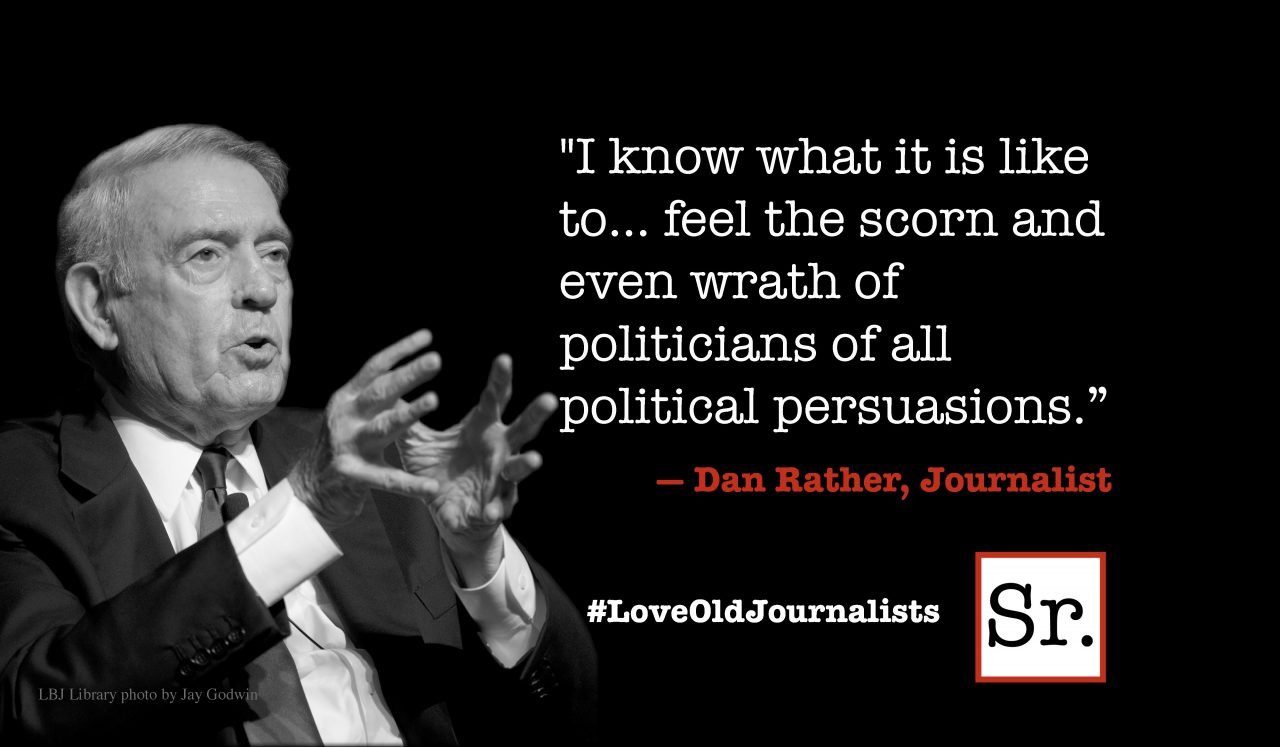The civil war in Syria is another symptom of a disease that has long plagued the world. It is the notion that the only way to stop violence is with more violence. Five hundred Syrians are being blown apart every month. The use of a chemical WMD has only exacerbated the problem. Now comes an American President, a winner of the Nobel Prize for Peace, trying to convince Congress and the American people that the best way to counter that dreadful escalation of horror is with still more violence. To this date I have not seen or heard anyone, including the President, describe how a limited strike, with “no boots on the ground,” will solve anything.
If the goal is to punish Assad, how will the President’s limited strike accomplish it? If the goals are to remove Assad from office and end the civil war with a resounding victory by the rebel forces, how will our limited attack bring that off? The only way to end the civil war would be to launch a massive attack using all the force at our disposal, with no regard as to the consequences or what the rest of the world thinks.
What would be the side effects of such a massive attack? US casualties would be added in serious numbers to the Syrian dead. In Syria itself we would produce either another vassal state, which we would need to occupy from now on, or a government in which our real enemies, Al Qaeda, Hezbollah, et al would make our safety even more at risk. And a Third World War might loom on the horizon. That is what we tried in Iraq and in Afghanistan with disastrous results for us, for those nations and for the prospects of peace in the near east.
The war cry reads, “But we must do something! We cannot simply ignore chemical attacks, let Assad get away with it as if we either didn’t care or were impotent. And that would send a weak-kneed message to Iran, Israel and other nations caught in the cauldron already boiling over in that part of the world.”
Certainly the American people are war-weary. But perhaps the tragedy of our escapade in Iraq was not that we stormed in believing Saddam had WMD, but that we believed we could save a nation by destroying it.
Certainly there are situations where violence must be met by armed force. Bosnia is a good example. But there we had a solid internationally–based objective. There was a problem to be solved and coordinated military intervention was obviously the only way to address it. Somebody tell us how what the President is planning to do in Syria solves anything. Perhaps it might keep Assad from any more Sarin attacks. But not even that is certain. Slapping his wrists or even degrading his air force might or might not turn the tide in this terrible war, but it won’t end it, bring to power the assorted groups in the opposition, or secure a democratic nation necessary to provide a lynchpin of stability in that dangerous part of the world.
Sooner or later the international community must step in. That cannot happen as long as the US unilaterally decides to enter the war. Perhaps our task in the interim is to begin building a multi-national coalition of all those who come to realize that increasing the violence in Syria is not a solution but an even more tragic episode in a already tragic situation. Or maybe what we really ought to be about is ending the suffering of the two million refugees caught in the jaws of a war whose escalation could only destroy any hope they have left.
My guess is that is what President Obama believes in his heart of hearts, but has been overcome by his fear of being called weak. Real strength, however, might lie in a very different direction. Now comes a pause for negotiations — a solid step. At least it gives Obama’s better nature a bit of room.








